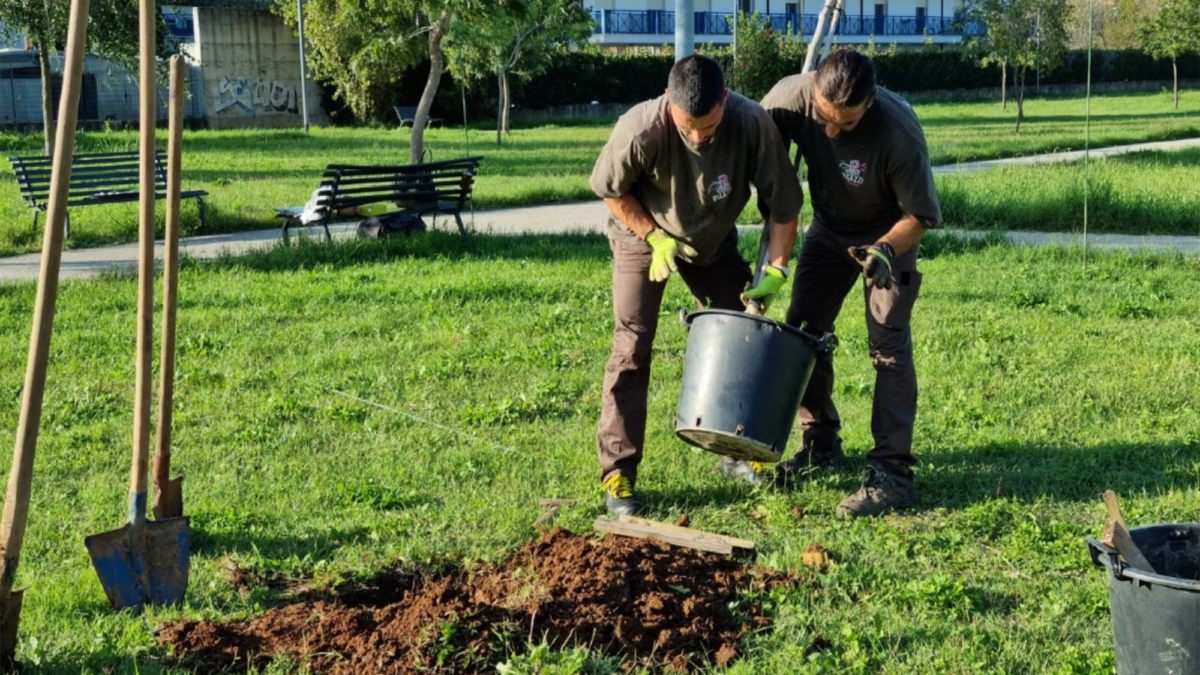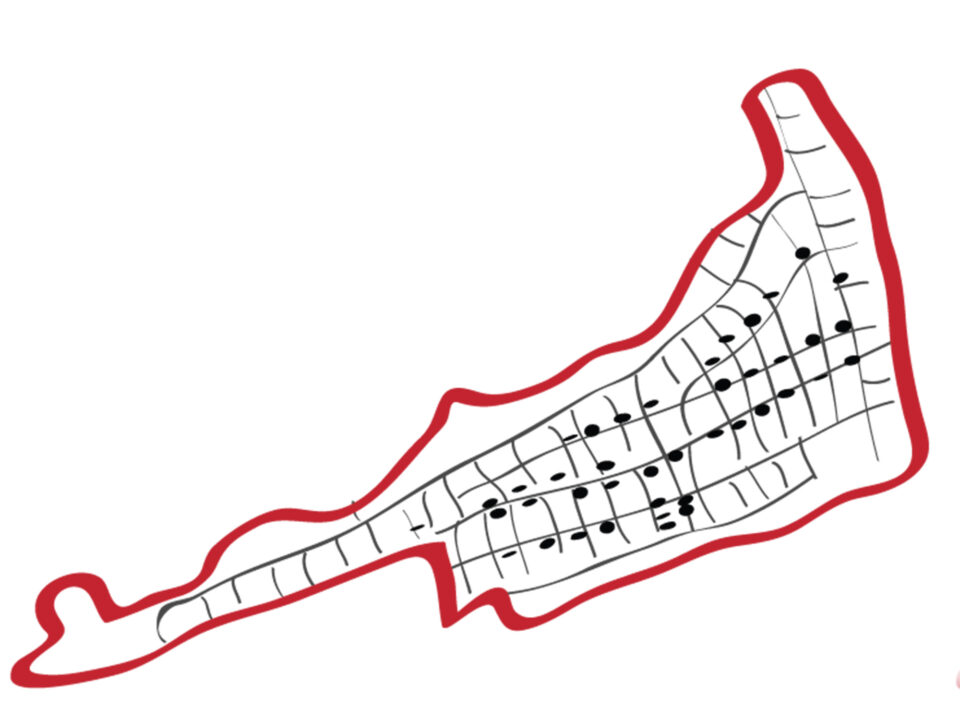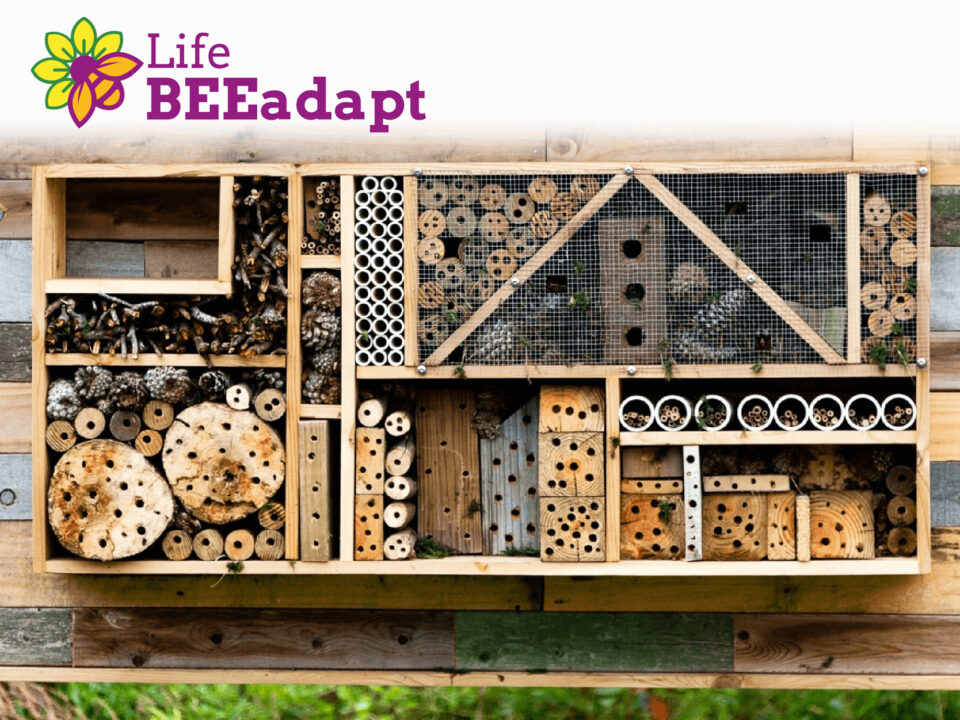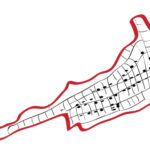
The Municipal Council of Pula adopted the Conservation and Enhancement Program of Land Reclamation Areas – Santa Margherita di Pula (CA)
2 September 2024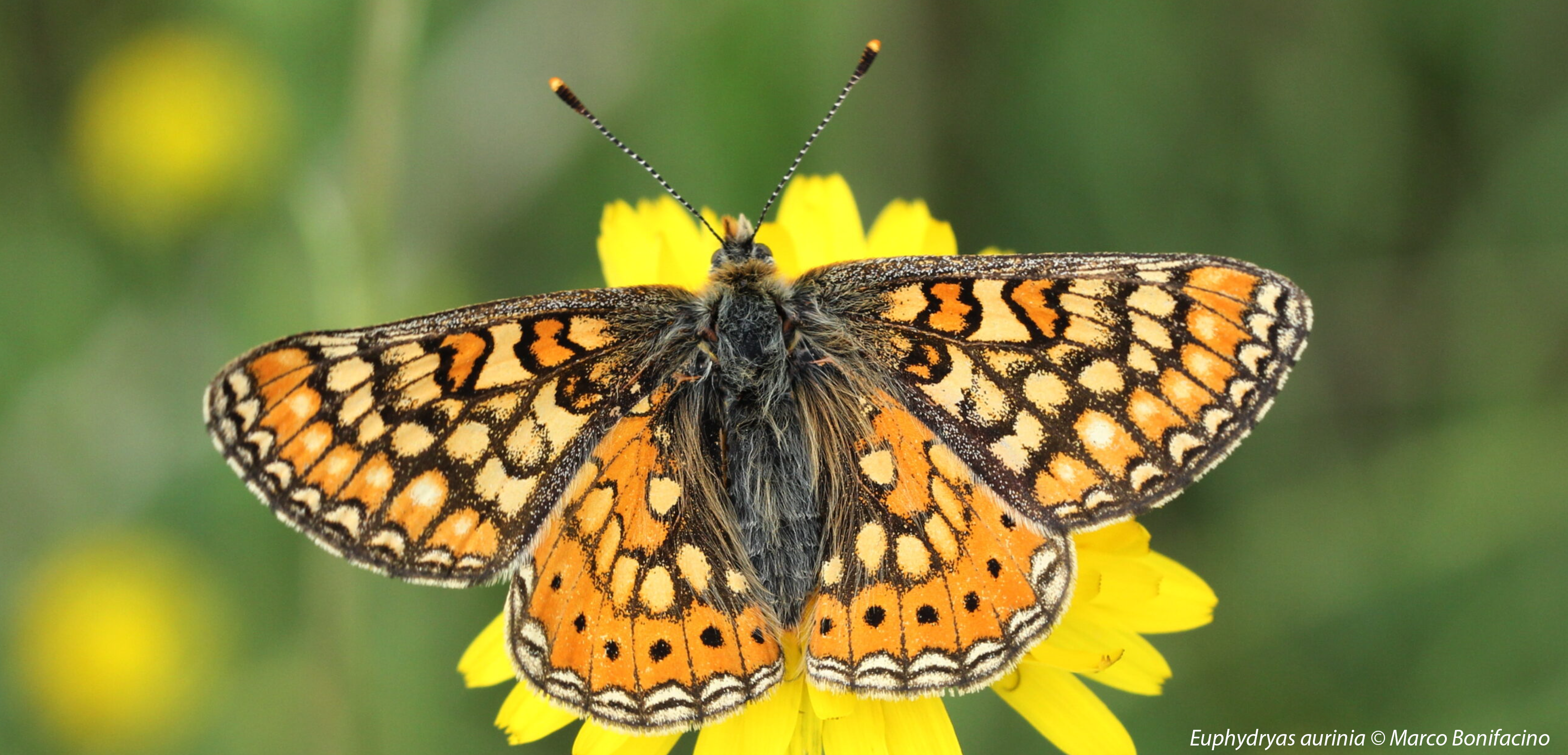
Telos for Life 201-2027 Programme: “Life BeeAdapt: a pact for pollinator adaptation to climate change”
June 2024
The LIFE Programme, established by Regulation (EU) 2021/783 of the European Parliament and of the European Council, is one of the "historical" programmes of the European Commission. It is also one of the main financial instruments of the European Union for the protection of the environment, nature conservation and climate action. The Municipality of Aprilia has joined as a partner the project "LIFE BEEAdapt: a pact for pollina-tor adaptation to climate change," coordinated by the Ente Parco Nazionale Appennino Tosco Emiliano. Among other partners there is also the University of Roma Tre, the University of Camerino, the Sustainable Development Foundation, the CNR-IBE, Roma Natura, Confagrioltura of Latina and Legambiente.
Telos - with the consultancy of the experts of Agrifolia Studio Associato - is carrying out for the Municipality of Aprilia the service about the definitive planning, the executive planning and the work supervision of the green infrastructure projects in urban area and for five agricultural holdings, within the framework of the "LIFE BEEA-dapt" project.
Since the presence and adaptation of pollinators to climatic changes in agroecosystems depends on the presence of natural resources for their forage, shelter and reproduction needs, the Telos project envisages the implementation of the following measures:
- Construction of new green infrastructures (15000 m2) in public areas (urban green areas), with individuals of indigenous and herbaceous shrub species attractive for pollinators and with scalar blooms, to increase local availability of feed sources and foraging opportunities for pollinators over time;
- Construction of green infrastructure (84 ha) on private farms, adapting current agronomic practices to the needs of adaptation of pollinators to climate change, creating a mosaic of differently managed ecosystems to increase spatial diversity within communities. This will favor species diversity and the continuity over time of the presence of insect-pollinated species in the target area;
- Installation of artificial nests to facilitate shelter and reproduction.
The "LIFE BEEadapt" project is part of this context, acting partly in the urban area and partly in synergy with the farms operating in the territory.
Specifically, the intervention includes:
- the planting of specific local seeds with herbaceous summer flowering plants attracting pollinators to be used for the sowing of prairies or prairies in agricultural areas;
- the planting of shrubs of autonomous species with scalar blooms which attract pollinators.

